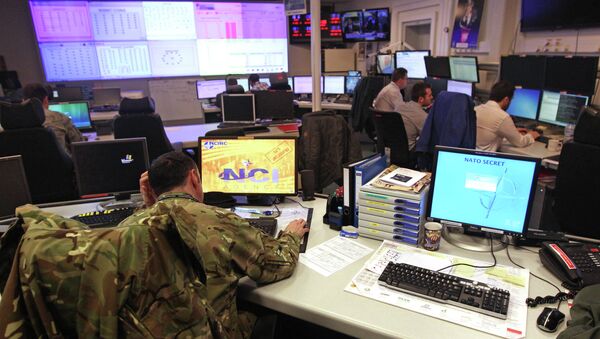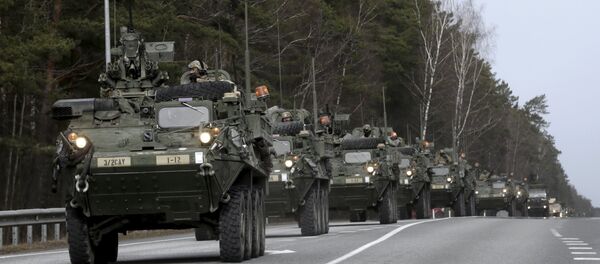Teams from 16 nations will take part in the Locked Shields 2015 exercise at NATO's cyber defense center in Tallinn. One of the largest of its kind, the annual drill lets teams play hackers and system admins who attack and defend critical infrastructure, respectively.
The cyber war games have been held annually since 2010, with new technologies being introduced every year to reflect real-world market developments and the latest threats in cyber security.
A key theme this year is the potential threat caused by the migration from the Windows 8 operating system to the upcoming Windows 10 system, organizers told the Associated Press.
The drill comes at a time when tensions in Eastern Europe are heightened over the conflict in Ukraine.
Rob Pritchard, a cyber security expert at the Royal United Services Institute in London, said the cyber drill probably has a similar focus, though NATO did not give any specifics.
"Russia is currently looming large on the NATO radar, and the exercise is likely to simulate attacks similar to those used by the Russian state, and state-backed actors," Pritchard was quoted as saying by the AP.
Estonian government, media and corporate websites were paralyzed in 2007 by cyberattacks that Estonia said were orchestrated by Russia. Moscow denied any involvement.
Pritchard said other elements in the exercise could include attacks from pro-terrorist organizations, such as those against the French broadcaster TV5Monde recently by a pro-ISIL group which disrupted the channel's broadcasts.
At a NATO summit last September, President Barack Obama and other leaders ordered a ramp-up in the alliance's cyber defense capabilities and warned that a cyberattack against a NATO member state could trigger the same response as military aggression.
While the number of participating countries is down by one from last year, the number of individual cyber experts taking part in this year’s drill has risen by about 100. Poland was named the overall winner at the close of the 2014 drill.




